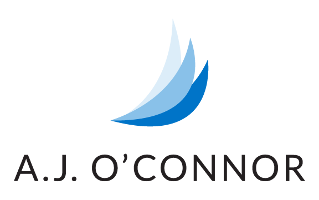Welcome to the AJO Coach’s Corner blog series. Monthly, we’ll hear some valuable insights from our coaches. There’s such a breadth of experience and knowledge among these partners, and we are excited to learn more from them about leadership development, coaching and their thoughts on the modern workplace. First off in this program, we will […]

About AJO
Our experienced team of experts guide organizations of all sizes and needs to develop high-performing teams and global leaders. We help organizations succeed by helping people succeed.
Contact
(800) 539-3006
6 Century Drive, Suite 100
Parsippany, NJ 07054
Parsippany, NJ 07054







